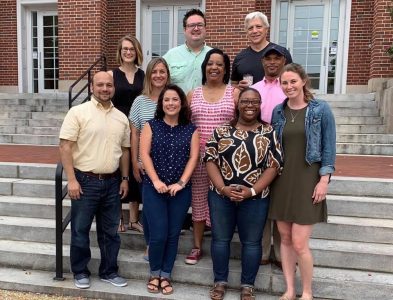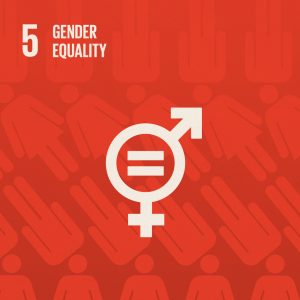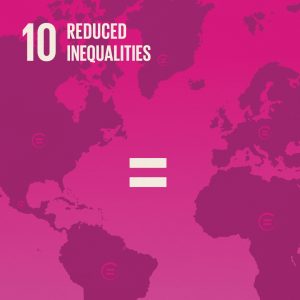Think global act local: this has been my creed since my time as an intern in the Office of Sustainability, though back in 2007 it was known as the Auburn University Sustainability Initiative. This one phrase can be applied to every state, city, town, and situation.
A move to Germany in 2010 broadened my understanding of this concept. I saw how efficiently and compassionately my adopted country governed. Recycling was mandatory, as was composting, and you would never idle your car or even wash your car with a hose. On many Sunday walks I found neighbors in their driveways with two buckets – one of soapy water and one of fresh water – cleaning their vehicles for the week. It was German neighbors that taught me how to use vinegar and bicarbonate soda for everything from cleaning to weed control. The importance of the collective good is applied to every possible situation, including parental leave, which is given to both parents and begins at 12 months, and is extended given special circumstances like single parenting. Nearly every restaurant is family owned and operated and produce, dairy, and meat are supplied locally or from within the European Union. Everyone from a teacher to a waiter makes a fair and living wage. It is remarkable how much thought goes into every decision.
After three years of the best learning experiences of my life, I came back home to the United States to find things very different, though the same as I left them. Disheartened, I decided to focus on what my family could do to bring global and shared ideals and equity to our city.
In Auburn’s 2018 mayoral election, we saw one candidate in particular approach the race with this mindset. Brittany Cannon Dement raised questions that were rarely, if ever, asked in Auburn municipal elections. A long-time friend, Brittany and I had countless conversations over the years about equity and inclusion and how to support diversity in thought and background in Auburn. These conversations, and many more, were the catalyst to her candidacy as mayor. We knew that even a loss would lead to meaningful dialogue and hopefully progress city policy; inequality will continue until, at the very least, we understand it exists.
After Mayor Anders was elected, he approached Brittany and me about a plan to keep the conversation going. We discussed the importance of a group dedicated to inclusion and diversity as well as sustainability. After a year of transition and then COVID, both initiatives are off to a slower start than we planned, but I am delighted by the enthusiasm and dedication both the mayor and members of these advisory councils bring.
If there is one thing I have learned in advocating for change, it is that it does not happen overnight. It sounds cliché, but it is imperative we remember this when the roadblocks come and progress stalls. Momentum moves at different speeds and the entire world is trying to put one foot in front of the other as we battle a pandemic, social injustices, environmental tragedies, and civil unrest. Never stop moving and never stop pushing and have grace for yourself and others as we navigate 2020 and beyond.

The Diversity and Inclusion group
One thing that has pleasantly surprised me is how accessible our local leaders are; perhaps it is one of the benefits of living in a small town. A simple Google search can put you in contact with whomever it is you wish to reach. Remember to stay civil. Discourse is essential to evolving policy, but remember, cross words and impolite behavior stops it in its tracks. Do you want the person to agree to another meeting or would you rather have an impulsive reaction close the conversation for good? Stay focused, keep the momentum, and remain courteous. Yes, you can be outraged and respectful at the same time in most situations.
How can you advocate for equity here in Auburn? Keep your eyes and hearts open. What do you see going on in the schools? How many minority groups are represented on the city council? Where are the food deserts? Who has difficulty paying for housing, food, and other necessities and why? Talk to your village about these problems and make a list of possible solutions, then go to your councilperson, the mayor, or your local legislator. Yes, even if you didn’t vote for them. They work for you!
At times it can feel overwhelming to live where so many injustices have occurred, and while it is not reassuring, injustice continues daily beyond our city, our state, and our country. It is essential to remain mindful of the choices we make, from how we source our food to the values we instill in our children, as well as promoting equal opportunities no matter one’s race, gender, religion or lack thereof. Remain attentive, remain vocal, and don’t forget to think globally and act locally.
Post Contributed by Brittany Branyon, Director of Collegiate and Community Programs, The Cary Center for the Advancement of Philanthropy and Nonprofit Studies
Learn about the SDGs & AU and our contributions related to this post.






